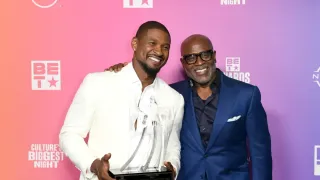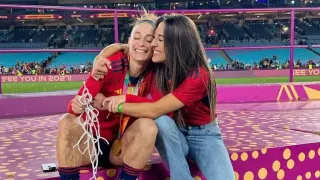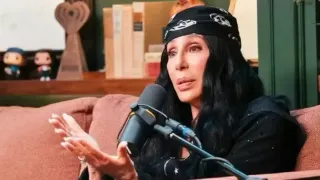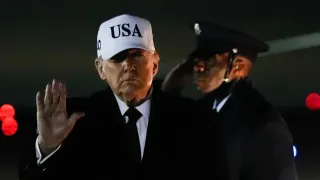January 26, 2015
Lawmakers Hear Heated Testimony About Sex-Orientation Bill
Bobby McGuire READ TIME: 3 MIN.
BOISE, Idaho -- A new bill that would create protections for sexual orientation and gender identity in Idaho attracted explosive testimony Monday, where supporters of religious freedom went toe-to-toe against lesbian and gay rights advocates.
The legislation, commonly known as "Add the Words," has been denied a public hearing for nine consecutive years by the Republican-controlled Statehouse. According to the bill, the words "sexual orientation" and "gender identity" would be included in the state's Human Rights Act, which already bans discrimination based on race, sex, color, religion and national origin in situations like housing or employment.
While gay rights advocates celebrated the recent legalization of same-sex marriage not only in Idaho but also across the majority of the nation, they have repeated that the fight is not over until states pass anti-discrimination laws.
As of Monday morning, more than 500 people had signed up to testify in front of the House State Affairs Committee.
"I want to be valued as a human being based on the person that I am, the person that my mother raised me to be," said Julie Stratton of Post Falls. "Please include my wife and me as fully equal citizens of this state and help us to be proud of living here."
Stratton's testimony -along with many other personal stories of discrimination from lesbian, gay, bisexual and transgendered Idahoans- was countered by the many concerns coming from pastors, small business owners and national conservative organizations afraid the bill would infringe on free speech and religious freedoms.
Arizona-based United Families International President Laura Bunker cited cases in other states where businesses were sued for declining to serve to same-sex couples getting married.
"In the end these non-discrimination laws are not fair to all. Someone is ultimately discriminated against," Bunker said. "Why would Utah, or Idaho, sorry, want to put that kind of wedge between its citizens?"
Currently, 19 states have passed anti-discrimination laws that include sexual-orientation and gender-identity protections. Three states have passed laws protecting just sexual orientation.
Meanwhile in Idaho, 10 cities have bypassed the state and approved their own anti-discrimination laws.
""I'm somewhat offended that this bill has been introduced and is seriously being debated," said Doyle Beck of Idaho Falls. "It implies that Idahoans are nasty people and that we discriminate against our neighbors unless the government somehow intervenes and comes in to straighten us out. I'm not saying that discrimination doesn't exist, but I am saying that it's very minimal."
Beck added that he felt he had been discriminated while growing up because he had hair down to his shoulders, but he didn't feel the need to sue because of it.
Diane Terhune of Meridian disagreed.
"My son now presents as my daughter, and I can't bear the thought of my precious child being treated unfairly by anyone simply for being herself," Terhune said. "For those of you who think (lesbian and gay) individuals don't need to be protected as a group because they choose their lifestyles, let me tell you that no one chooses this life. It is one of hardship."
Monday's hearing comes after a nearly decade-long push by gay rights advocates for such legislation. Last year, dozens of protesters were arrested after conducting a series of civil disobedience demonstrations at the Idaho Statehouse when lawmakers made it clear they would once again refuse holding a hearing on the proposed legislation.
Republican state Rep. Tom Loertscher of Iona says the House State Affairs Committee will reconvene at 5 p.m. to listen to more testimony.






